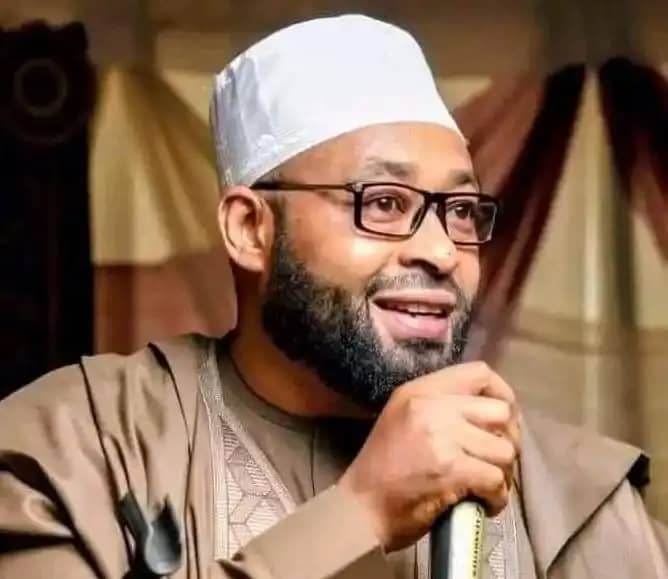Governor Muhammad Bago of Niger State has invited the Institute of Chartered Accountants of Nigeria (ICAN) to conduct a comprehensive audit of the state’s financial records. The move, he said, is aimed at enhancing transparency, correcting discrepancies, and identifying areas where the state’s financial management can be improved.
The governor made the announcement in Minna while declaring open the 20th Northern Zone Accountants Conference. The conference, which brought together accountants, policymakers, and financial experts, was held under the theme “Accountability and National Re-orientation: Unlocking Nigeria’s Socio-Economic Potentials.”
Governor Bago stated that the decision to bring in ICAN for the audit was not only a step toward strengthening financial discipline in Niger State but also an initiative that could serve as a model for other states across the country. He emphasized that transparency and fiscal discipline were central to good governance and sustainable economic growth.
According to him, the theme of the conference was timely, as it addressed issues at the heart of Nigeria’s current challenges. He stressed that accountability, the rebuilding of public trust, the fostering of national values, and the pursuit of economic growth were imperatives that all levels of government must take seriously. He assured participants that his administration was committed to strengthening institutions of accountability and ensuring that public resources were managed responsibly.
Governor Bago also urged participants to move beyond theoretical discussions and generate actionable recommendations that could guide federal, state, and local governments in building resilient systems. He argued that implementing such recommendations would not only restore confidence in governance but also stimulate socio-economic development across the nation.
In his remarks, ICAN President Malam Haruna Yahaya welcomed the invitation from the Niger State government. He expressed satisfaction with the partnership and gave assurances that ICAN would carry out its audit of the state’s financial records independently and without interference. Yahaya said the exercise would contribute to building trust and credibility in governance while also helping to set higher standards for financial accountability in Nigeria.
The Minister of Information and National Orientation, Alhaji Mohammed Idris, also addressed the conference through a representative. Speaking on his behalf, the Director-General of the Voice of Nigeria (VON), Jibrin Baba-Ndace, said the conference theme aligned with the broader national agenda of President Bola Tinubu’s administration. He noted that accountability remained the cornerstone of every thriving society and was critical to Nigeria’s long-term progress.
Idris further highlighted that the Ministry of Information and National Orientation was taking deliberate steps to strengthen citizen engagement and broaden government initiatives to improve transparency. He underscored that accountability was not the responsibility of government alone but a shared duty requiring the active commitment of all Nigerians to achieve meaningful change.
The Niger State government’s decision to open its books to ICAN has been viewed by observers as a bold and progressive step toward institutionalizing accountability. Analysts suggest that if successfully implemented, the audit could improve fiscal management in Niger State and set a precedent that may encourage other state governments to embrace similar initiatives.
Governor Bago’s invitation to ICAN comes at a time when public demand for transparency in governance is growing, and expectations for reforms that can unlock Nigeria’s economic potential are high. The collaboration with ICAN is expected to provide clearer insights into Niger State’s financial operations and strengthen public confidence in the state government’s management of resources.
By taking this step, Niger State has positioned itself as an example of how states can work with professional institutions to reinforce accountability and drive sustainable development. Whether other states will follow this model remains to be seen, but the call for fiscal discipline and transparency continues to resonate strongly across Nigeria’s political and economic landscape.





